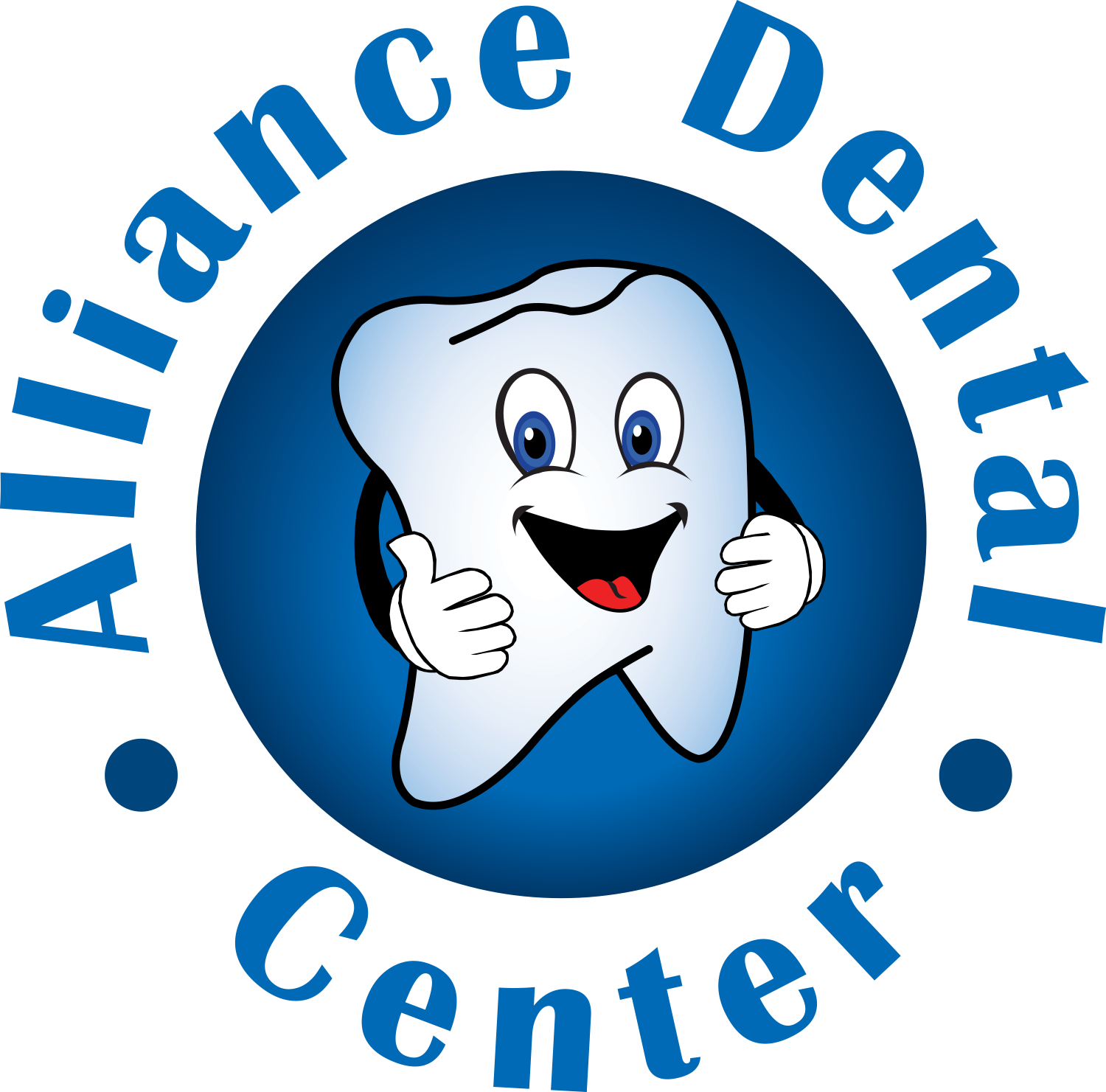Periodontal disease
Gum Treatment is needed when the gums are swollen or sensitive
How do I know if I have periodontal disease?
Symptoms are often not noticeable until the disease is advanced. They include:
- Bad breath that won't go away
- Red or swollen gums
- Tender or bleeding gums
- Painful chewing
- Loose teeth
- Sensitive teeth
These are known risk factors for periodontal disease
- Tobacco consumption.
- Hormonal changes during adolescence, pregnancy and mi-life.
- Challenges to the immune system including poor nutrition, stress and systemic diseases like diabetes, cardiovascular disease and arthritis.
- Side effects from some medications.
- Clenching or grinding your teeth.
- Heredity.
- Barriers to good oral hygiene include crowded teeth, ageing fillings and restorations, inconsistent home care routines and missed recare appointments to remove plaque buildup and prevent gum disease.
Scaling and Root Planning (Deep Cleaning)
Scaling means the removal of the tartar from above and below the gum line. Root planing gets rid of rough spots on the tooth root where the germs gather, and helps remove bacteria that contribute to the disease.
Patients generally experience little discomfort afterwards and the gums actually feel better. This procedure allows us to remove: contamination, toxins, micro-organisms, plaque “biofilm”, and tartar “calculus” that have permeated around and below the gum. The root surfaces of your teeth are smoothed so the gum tissues can more firmly reattach. After the procedure, previously red, swollen and bleeding gums become more pink and firm. Bleeding is reduced or eliminated, and the pockets get smaller. When this happens it is easier to practice plaque control measures, and it helps slow down the disease process.
Scaling and root planning may require several visits to properly treat your gum disease. During your last visit the frequency of maintenance cleanings will be prescribed to further maintain your periodontal health. This is usually done by alternating visits every two to four months between your general dentist and our office.
Removal of hard deposits from the surface of the tooth below the level of the gum
Removal of hard deposits from the surface of the tooth below the level of the gum
Arestin (Local Antibiotic)
In order to more effectively treat and manage periodontal disease, we utilize Arestin. Arestin is a locally placed antibiotic that helps kill bacteria at the root of the problem.
Placement of Arestin antibiotic at the site of periodontal disease
ARESTIN with SRP is more effective than SRP alone
Your dentist places ARESTIN in the pockets below your gum line. This may happen at the time of SRP or on a follow-up visit. You may also receive ARESTIN during routine periodontal maintenance.
Arestin starting to work and bacteria is being eradicated by the antibiotic
Microspheres release antibiotics
over time
ARESTIN contains microspheres—tiny particles—that are smaller than grains of sand and are not visible to the eye. The microspheres are filled with the antibiotic minocycline hydrochloride. These microspheres release the antibiotic over time, killing bacteria so your gums can heal better than with SRP alone.
Arestin is proven to destroy the bacteria that causes periodontal disease
ARESTIN is different from
antibiotic pills
ARESTIN is different from an antibiotic you take as a pill, because it's placed right where you need it. A pill can't give you the level of antibiotic concentration in your gums that ARESTIN can.
Stages of gum/periodontal disease.









